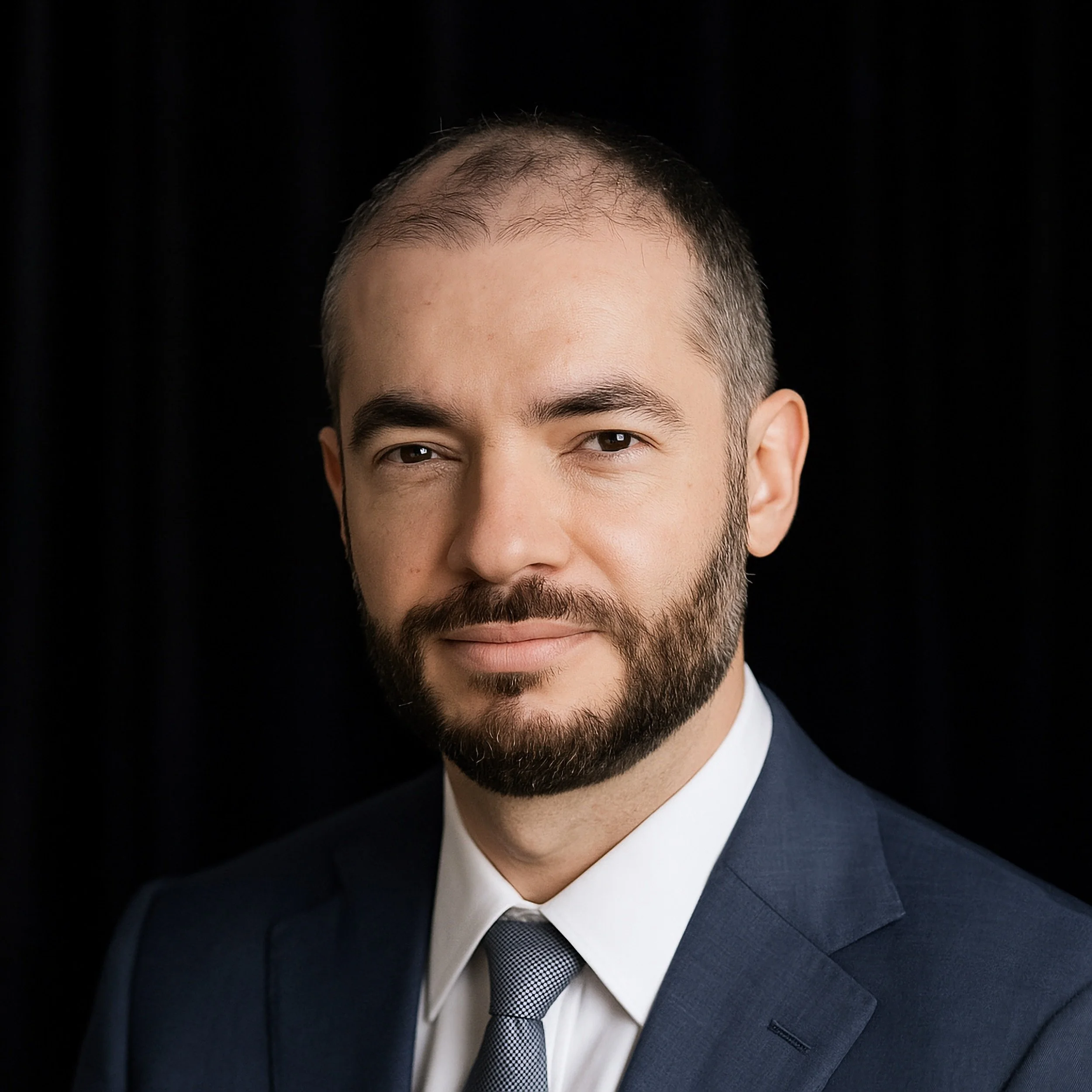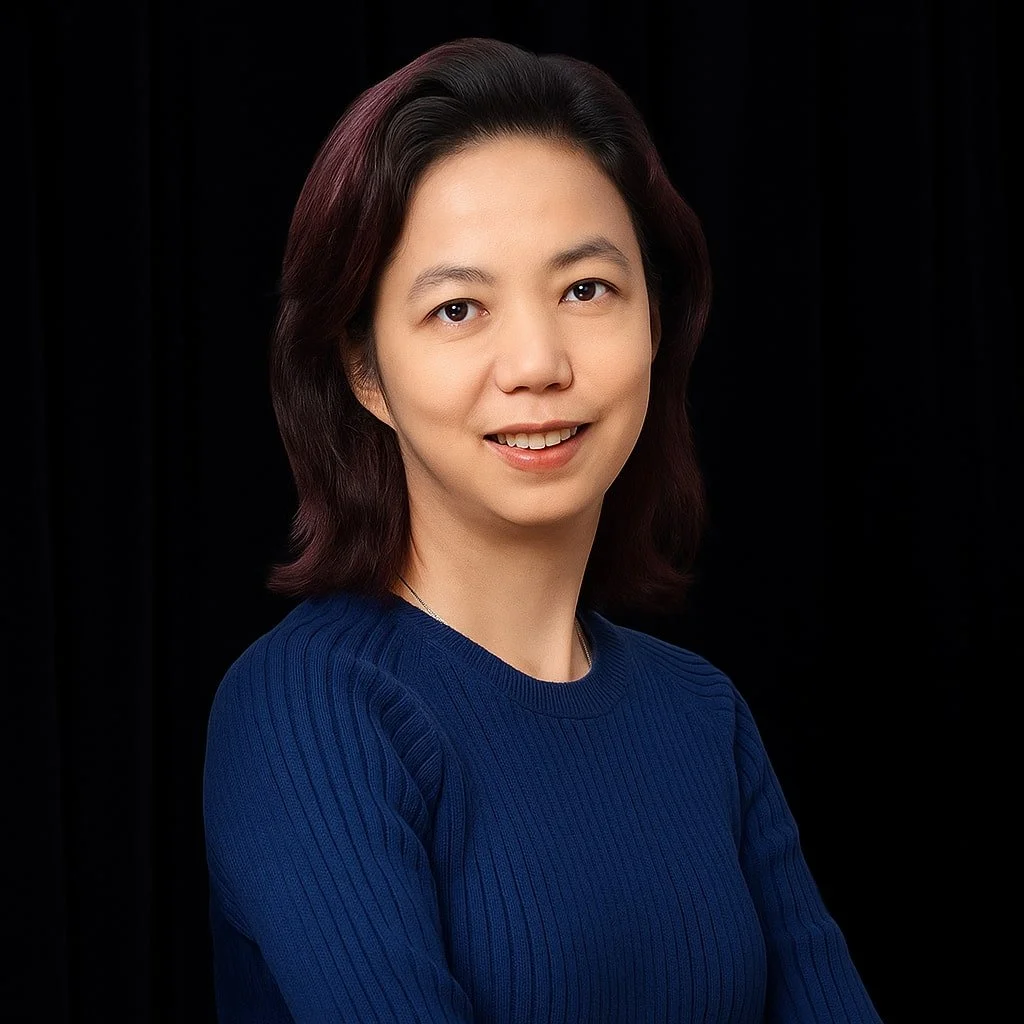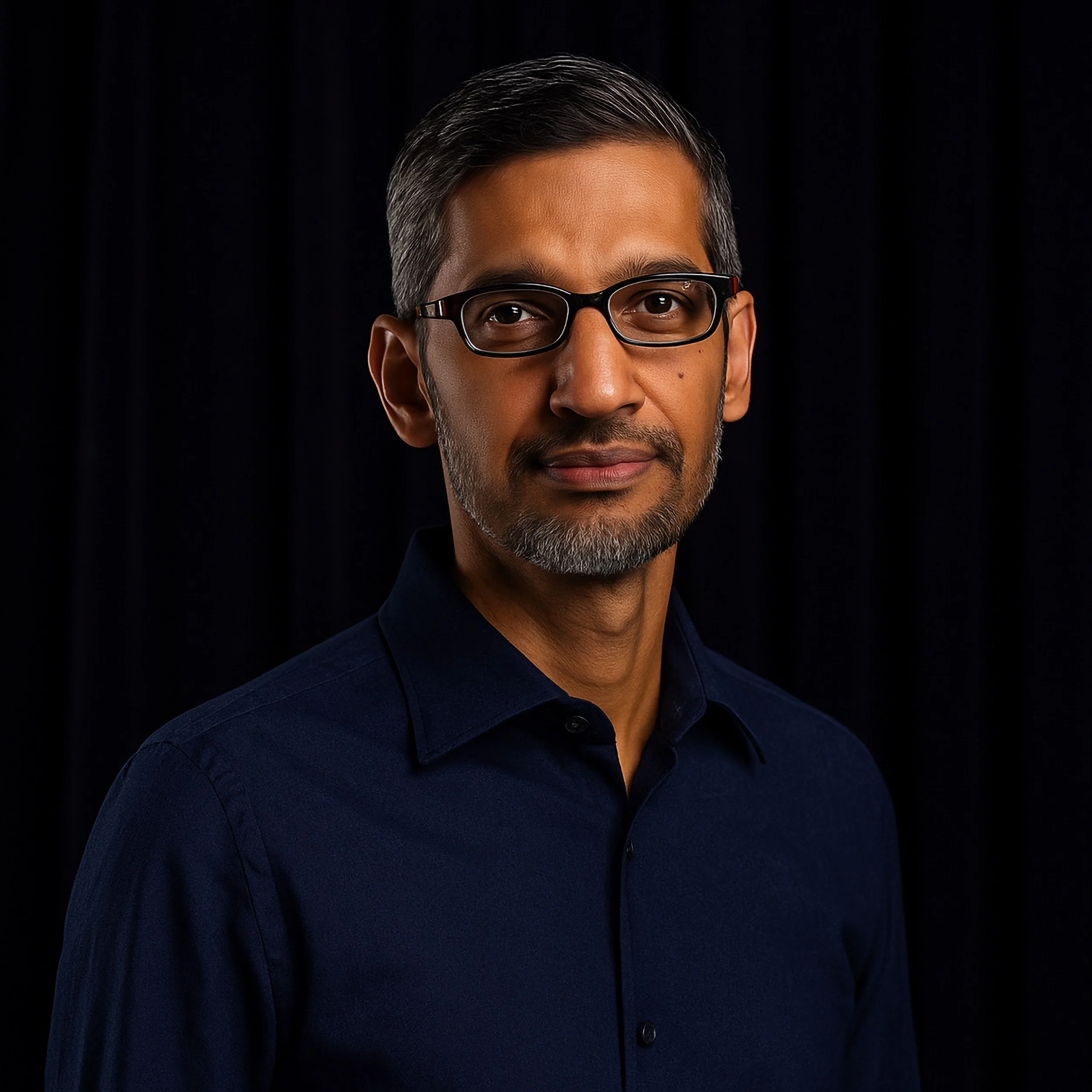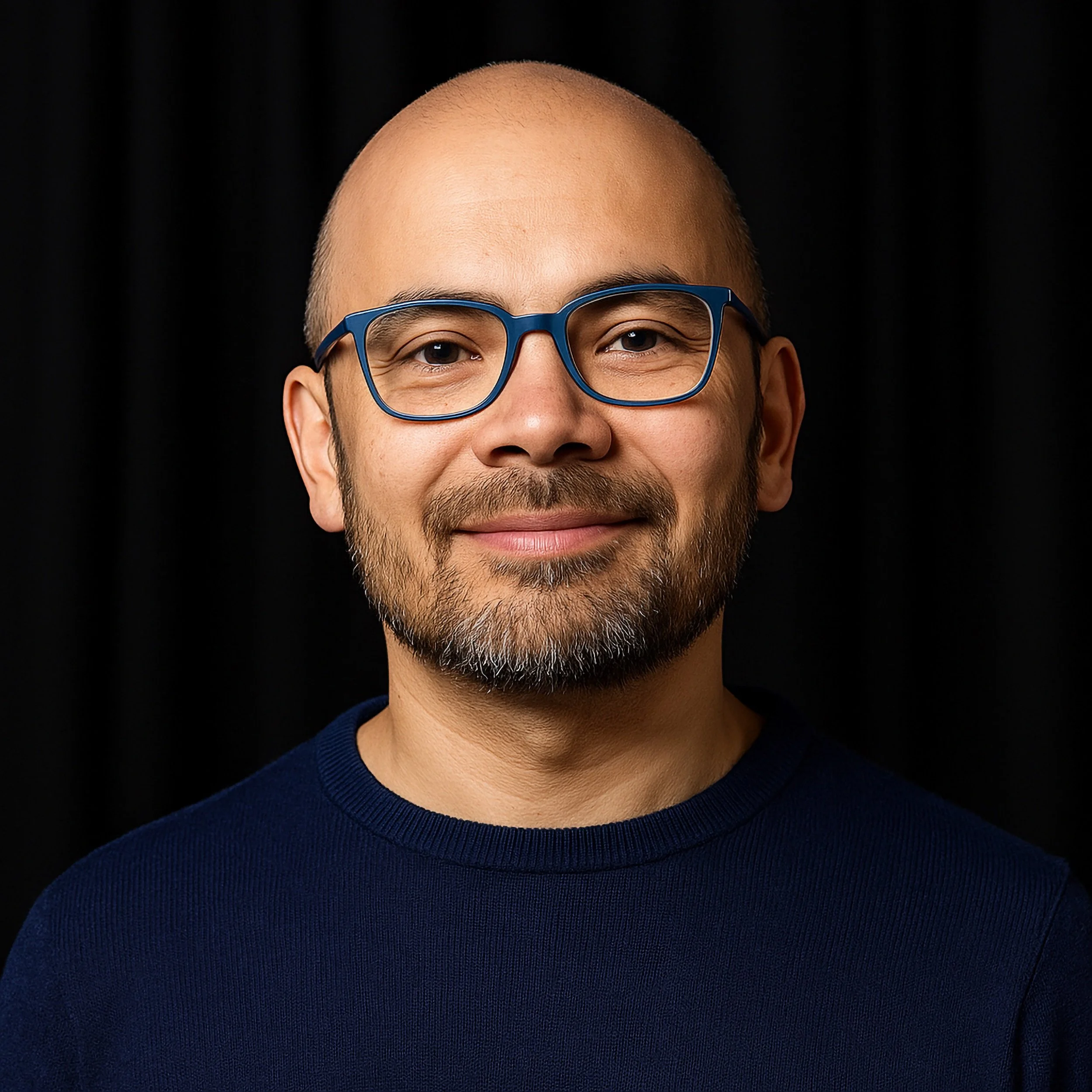TL;DR Google revolutionized technology with landmark products and a relentless focus on artificial intelligence, driving innovation from search algorithms to cutting-edge generative and multimodal models like Gemini, BERT, and AlphaFold.
Google was founded in 1998 by Larry Page and Sergey Brin, who developed the PageRank algorithm as part of their research at Stanford University to organize and rank web pages effectively. The company rapidly expanded its offerings, reshaping the internet with services such as Gmail, Maps, Chrome, YouTube, and Android, now serving billions of users worldwide.
Google’s AI Journey: Early Efforts (2001-2016)
Google began integrating machine learning as early as 2001, using it to correct spelling in search queries and soon applying it to products like Google Translate (2006), drastically improving global communication. The acquisition of DeepMind in 2014 accelerated Google’s leadership in neural networks and reinforcement learning, setting the stage for pioneering projects like AlphaGo, which defeated human champions in Go and showcased creative, strategic AI thinking.
The Transformer Era (2017-2020)
In 2017, Google Research introduced the Transformer architecture, a breakthrough neural network design that revolutionized natural language processing and inspired subsequent generative AI systems worldwide. This led directly to the development of BERT (2018), which transformed Google Search by deeply understanding word context and user intent, and laid the foundation for even larger-scale language models.
Multimodal and Generative AI (2021-2025)
Starting in 2020, Google’s AI efforts expanded into multimodal and generative domains. DeepMind's AlphaFold solved the historic protein-folding problem, revolutionizing biomedical research by making millions of protein structures accessible to scientists. In 2023, Google launched Gemini, a flagship multimodal AI model operating across text, images, audio, and code, and deployed powerful generative capabilities, such as Imagen for images and Lyria for music synthesis. Specialized chips known as TPUs were designed and deployed to support these computationally intensive AI tasks at scale.
Google continues to lead in AI development by integrating machine learning and generative models into everyday products—Search, Gmail, Workspace, Android, and Google Cloud—while advancing scientific research, healthcare applications, accessibility tools such as Project Relate, and ethical frameworks for responsible AI. Through continuous investment, open science collaboration, and the development of AI infrastructure, Google remains a central force guiding the industry’s future.
Developed the PageRank algorithm and redefined web search accuracy.
Established foundational machine learning in products: Search, Translate, Photos, and Assistant.
Acquired DeepMind, fueling neural network and reinforcement learning breakthroughs (AlphaGo, AlphaFold).
Invented the Transformer neural network architecture and BERT, enabling advanced natural language processing.
Released Gemini, Imagen, and Lyria, establishing leadership in multimodal and generative AI platforms.
Created specialized AI chips (TPU) to support massive model training and inference workloads.
Opened AlphaFold’s protein structure database to the world, accelerating biomedical and vaccine research.
Advanced responsible AI with programs for privacy, safety, and accessibility, plus real-world impact in healthcare, education, and climate science.


























